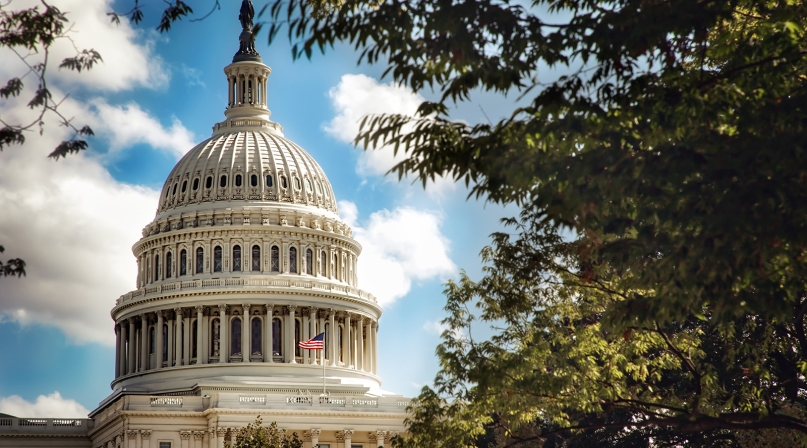U.S. House passes five-year reauthorization of the Violence Against Women Act
Author

Brett Mattson
Upcoming Events
Related News

Key Takeaways
On April 4, the U.S. House of Representatives passed the Violence Against Women Act (VAWA) Reauthorization of 2019 (H.R. 1585) on a 263 to 158 vote. The legislation would reauthorize VAWA for five-years and improve the program by expanding eligibility for assistance and increasing funding for grant programs utilized by state and local VAWA service providers.
Since VAWA was signed into law in 1994, over $7 billion in federal grants have been sent to state and local governments to facilitate programs that prevent domestic violence, sexual assault and dating violence. VAWA was most recently reauthorized in 2013 and expired in February after lawmakers were unable to reach agreement on changes to the program.
The VAWA Reauthorization of 2019 reauthorizes VAWA through 2024 and seeks to reform the program in a number of ways, including:
- Expanding Services, Training, Officers and Prosecutors (STOP) VAWA grants to include additional community resources for response to incidences of domestic violence
- Increasing SMART Prevention Grant funding to support youth violence prevention education programs from $15 million to $45 million, each year through 2024
- Increasing grants for combating violent crimes on campuses from $12 million to $16 million annually
- Supporting training in early childhood programs on domestic violence, sexual assault and stalking
- Expanding gun buying restrictions to include individuals with a misdemeanor conviction of domestic abuse or stalking
- Preserving and expanding housing protections for survivors
- Enhancing law enforcement tools and safeguards for the Office on Violence Against Women within the U.S. Department of Justice
Across the Capitol, Sens. Diane Feinstein (D-Calif.) and Joni Ernst (R-Iowa) are leading a bipartisan effort to find a path forward in the Senate for the legislation, though a timeline for passage remains unclear.
NACo supports federal legislation that incorporates offender accountability and programs for victim services as part of a comprehensive approach to reducing violence against women.

Attachments
Related News

Information-sharing bill could protect court workers
The Countering Threats and Attacks on Our Judges Act could provide more than 30,000 state and local judges with access to security assessments, best practices and a database of threats made against colleagues in the justice field.

California counties fight agricultural crime
Sheriffs' offices and prosecutors in California's central valley make specific efforts to prevent and prosecute crimes against the agricultural community.

After historic winter storms, counties assess response
Counties in states that rarely receive much winter weather are assessing their responses to the January storm that left many covered in snow and ice.